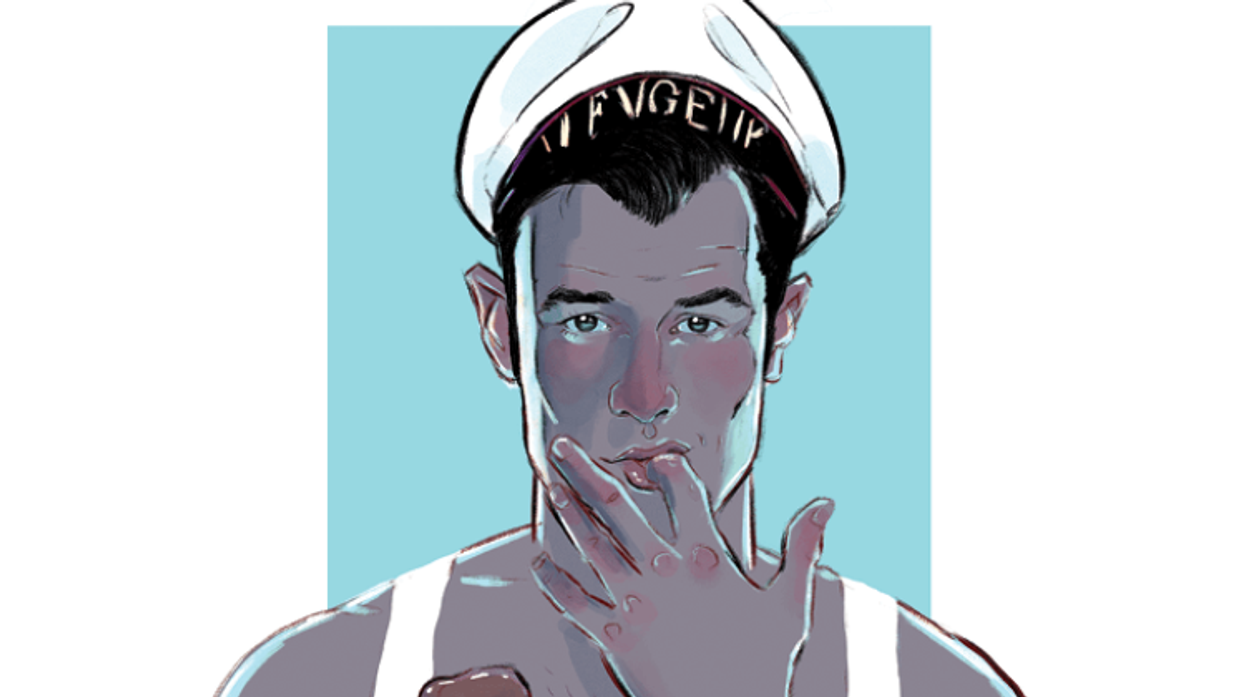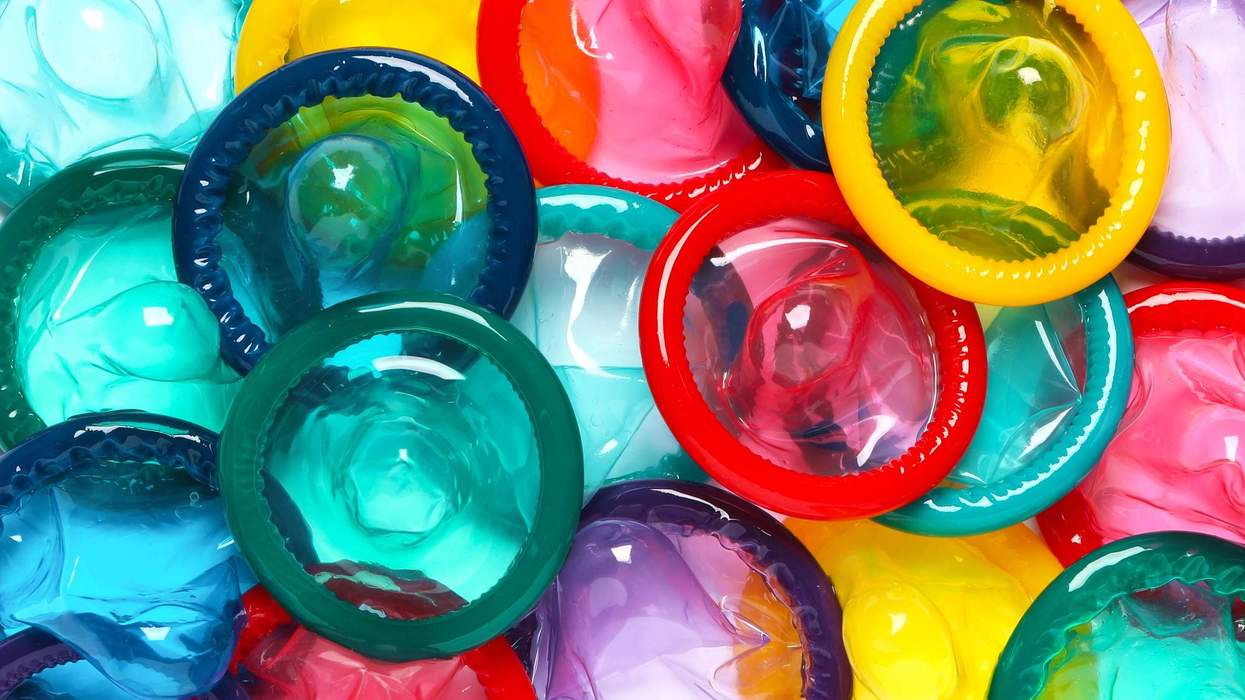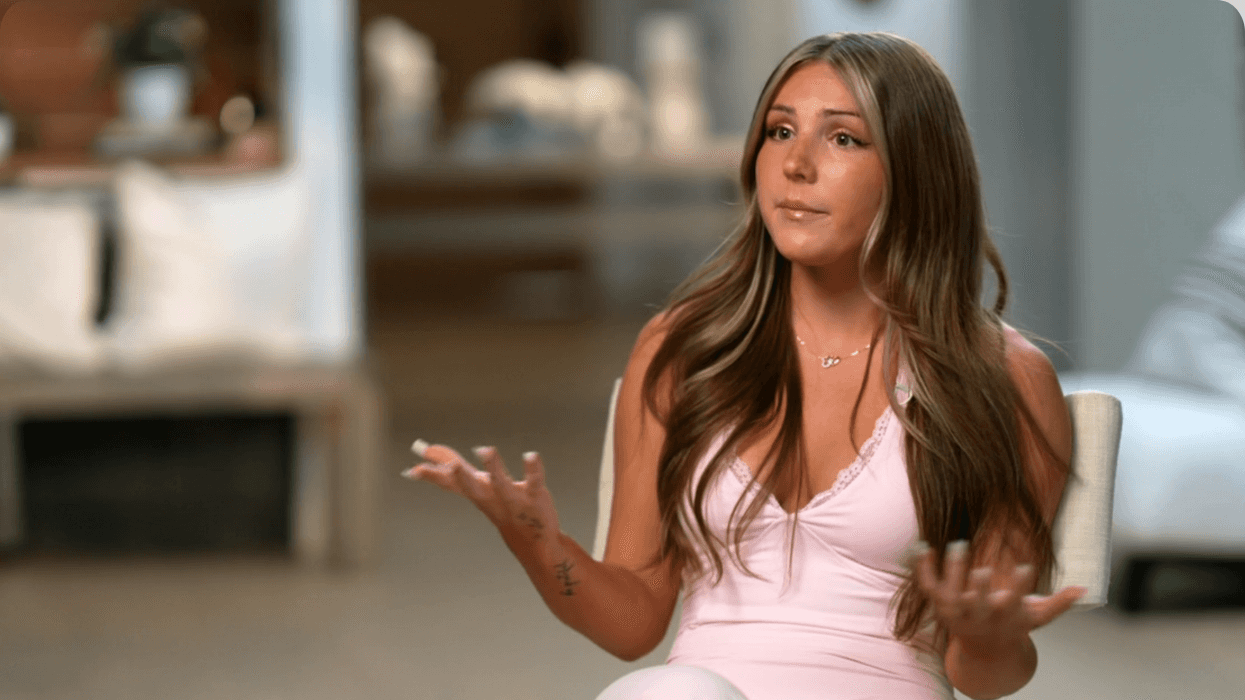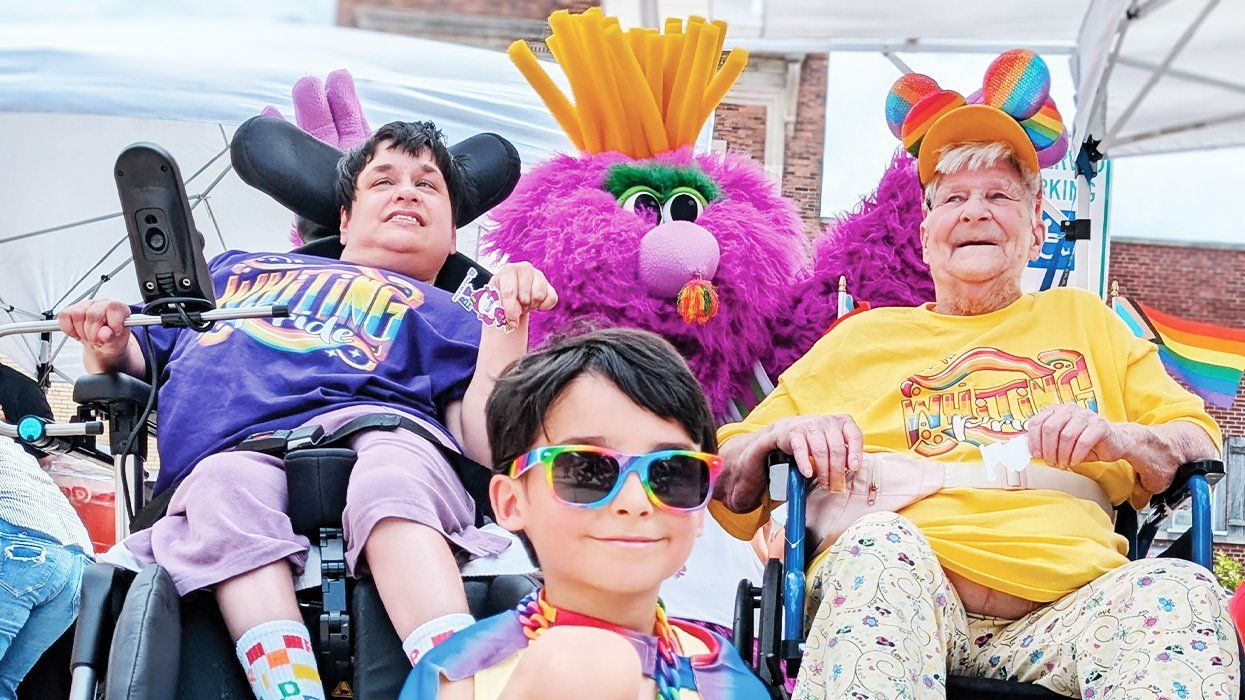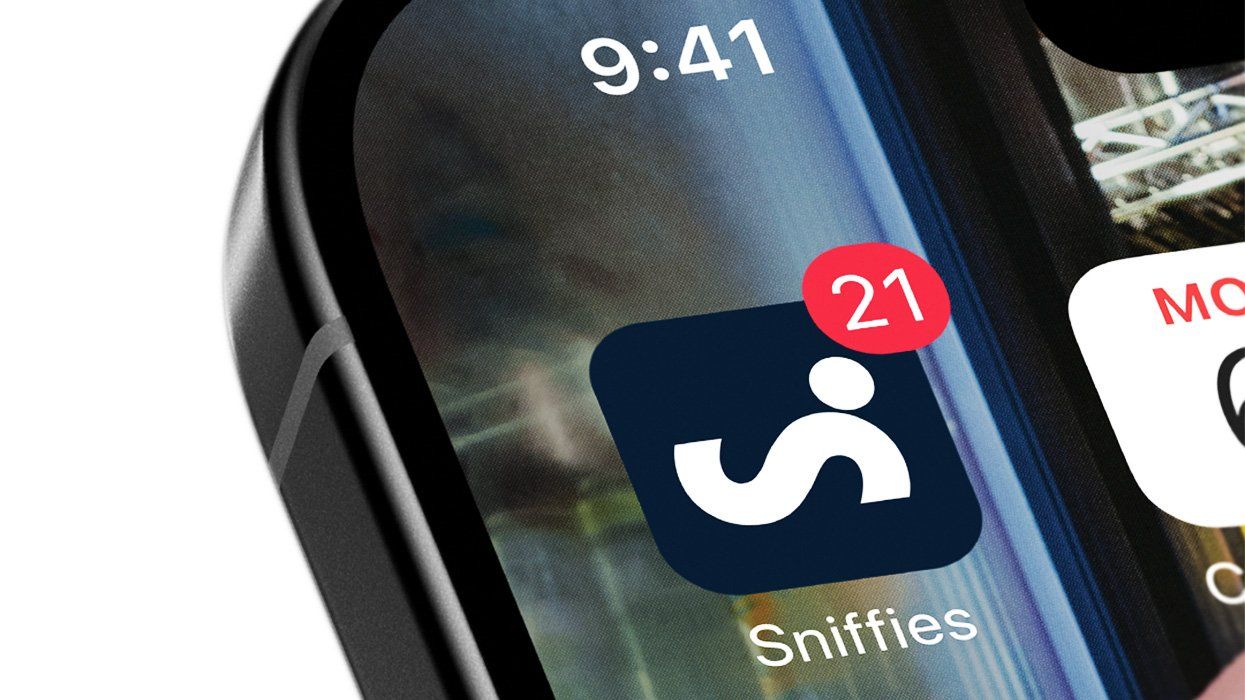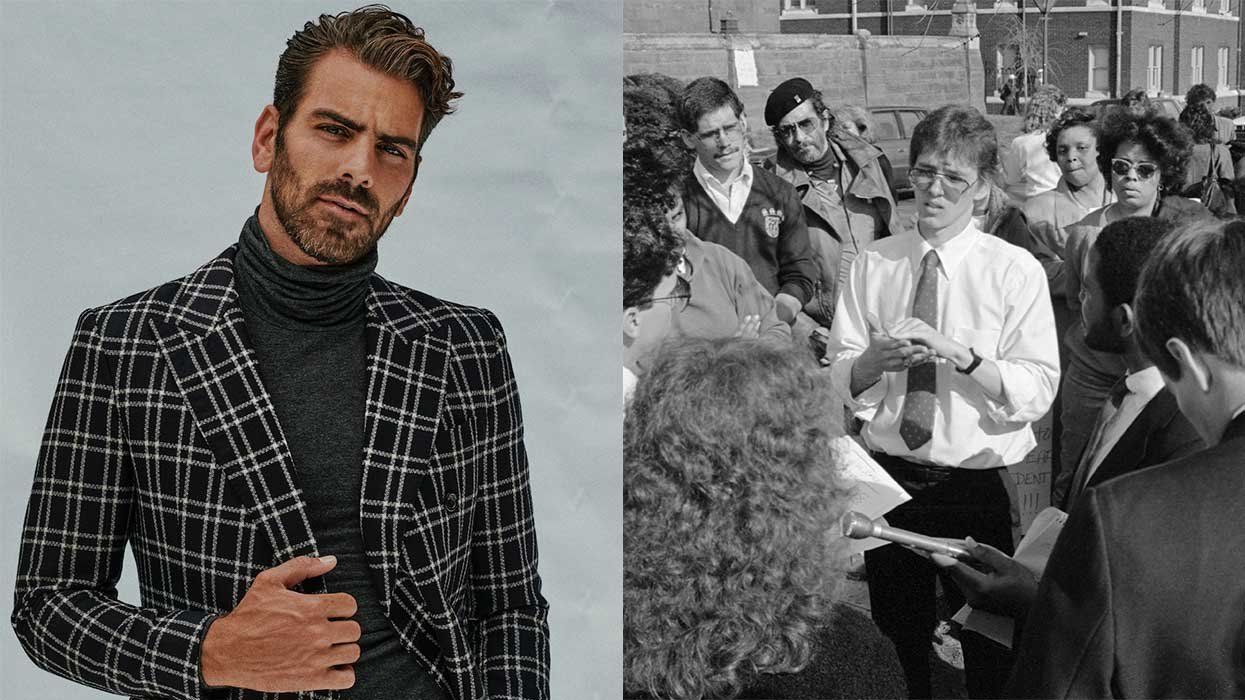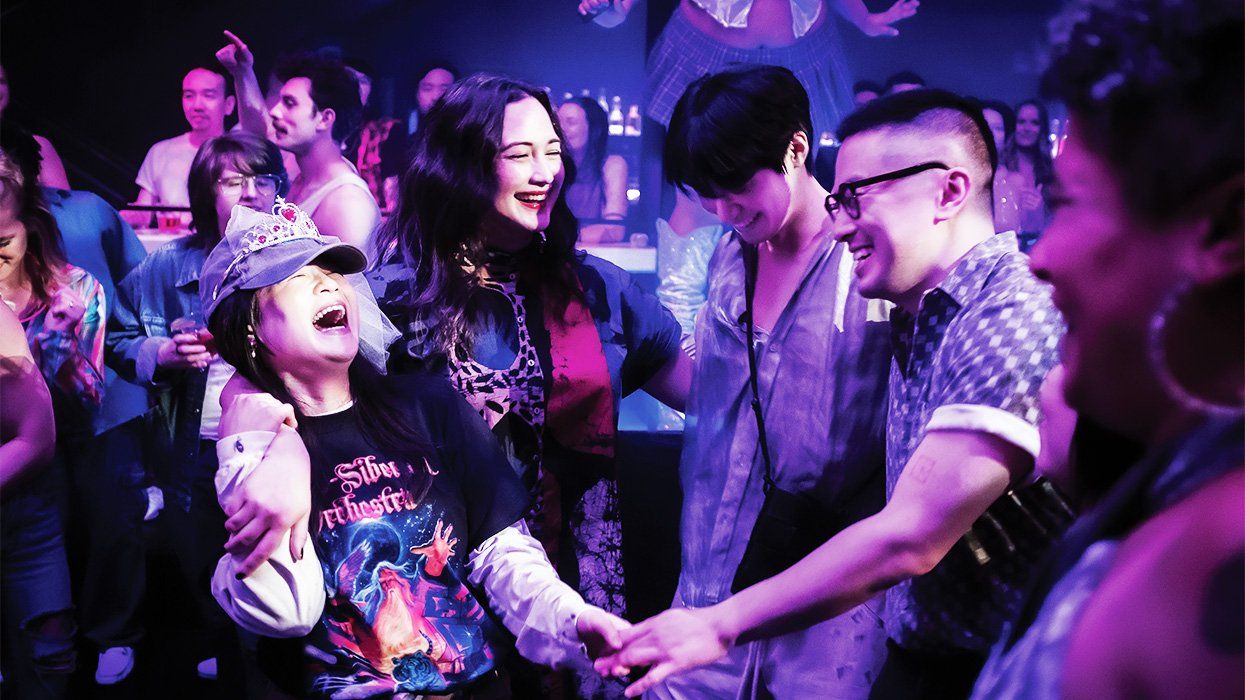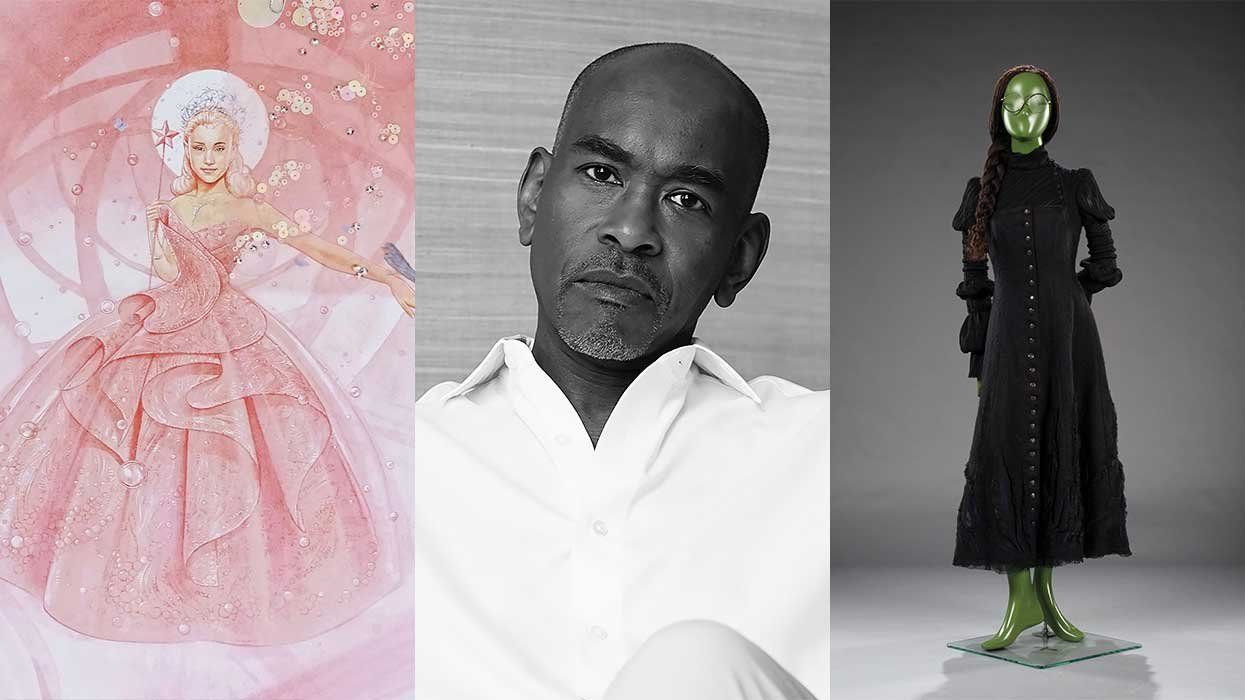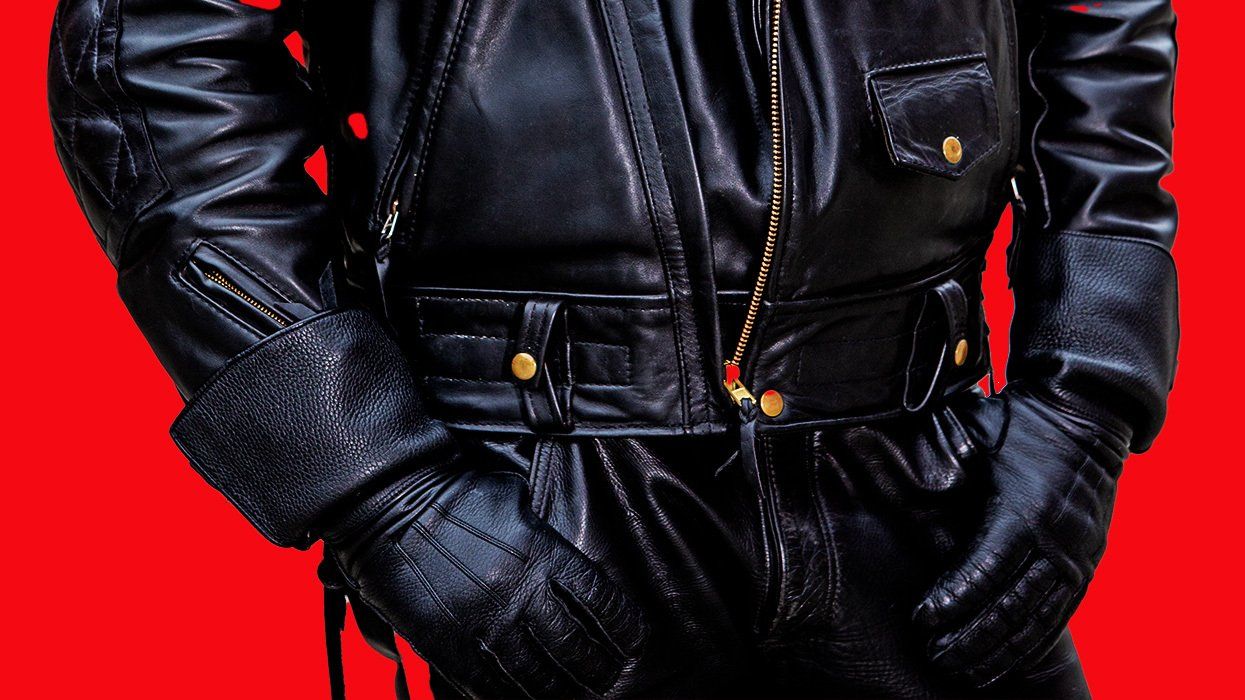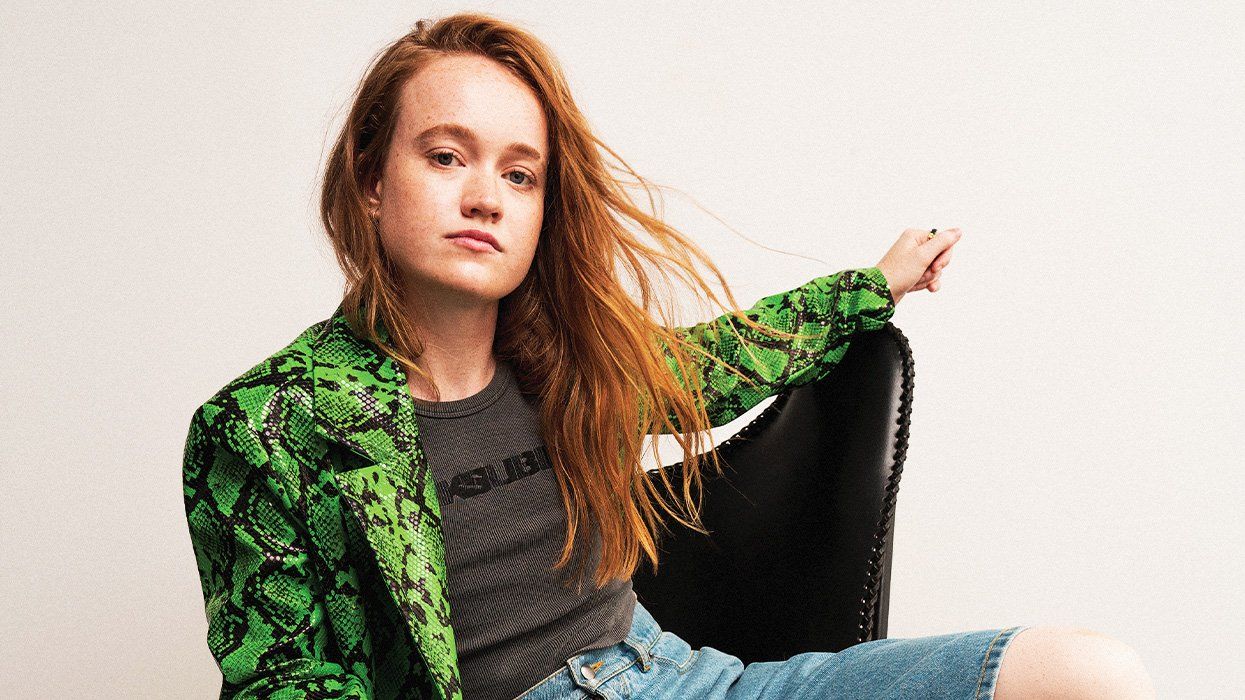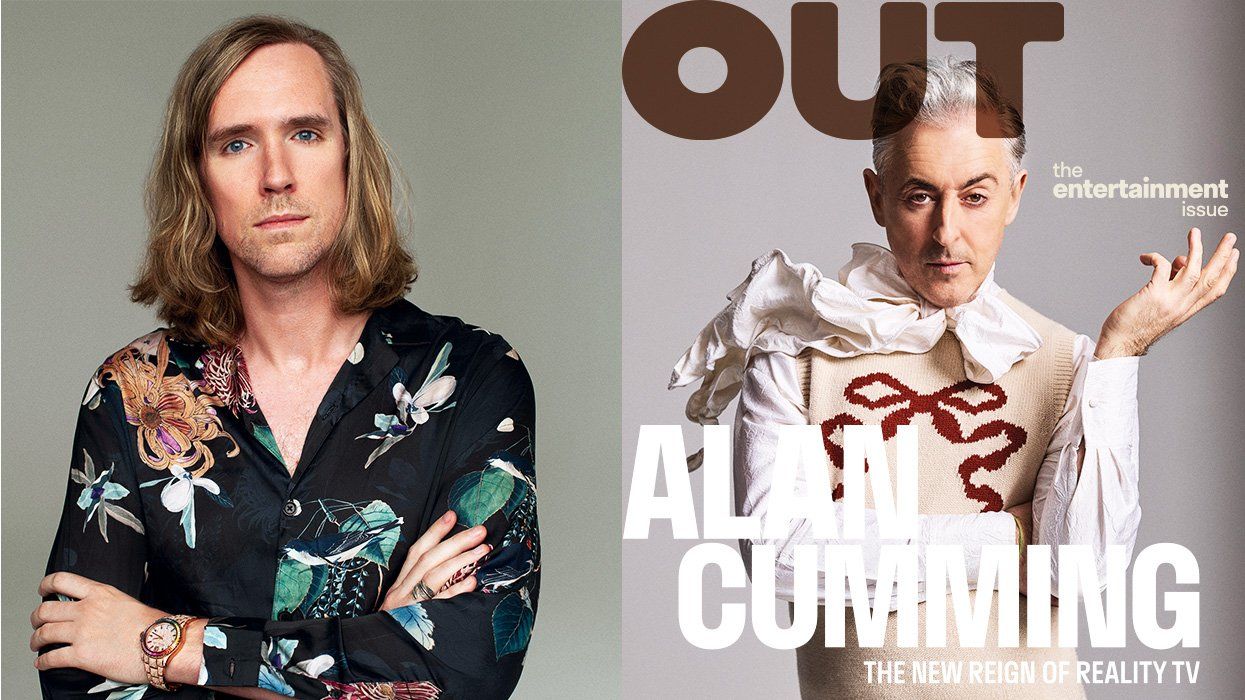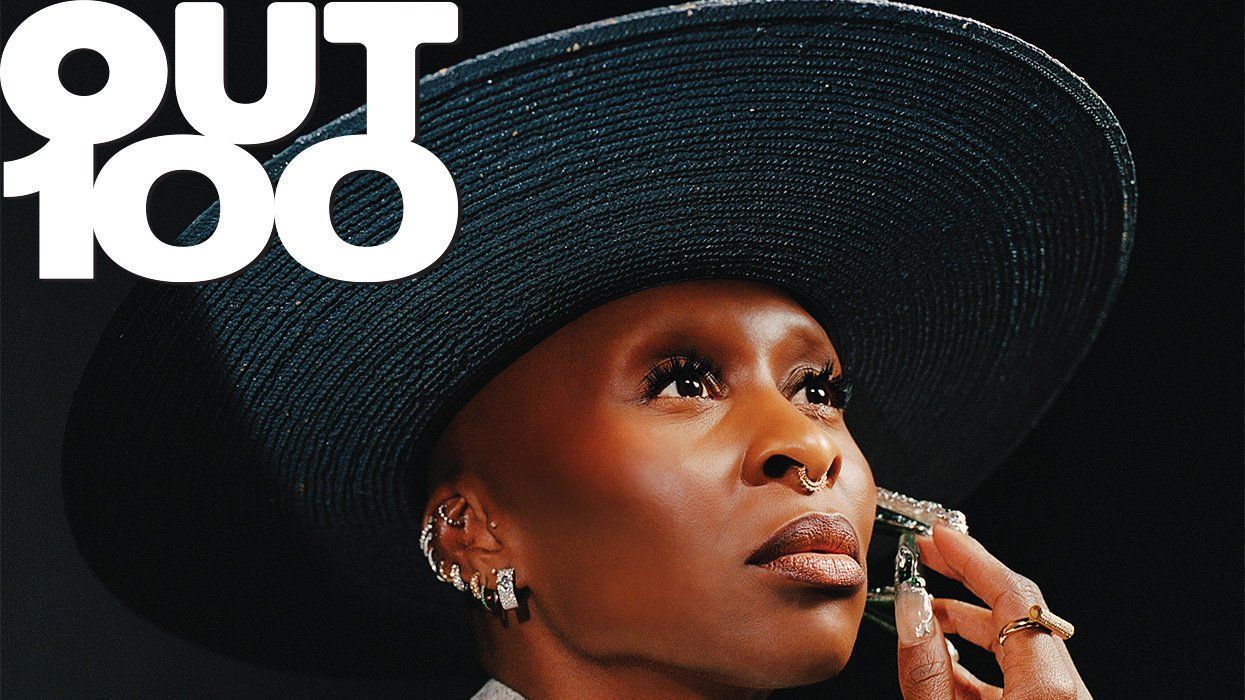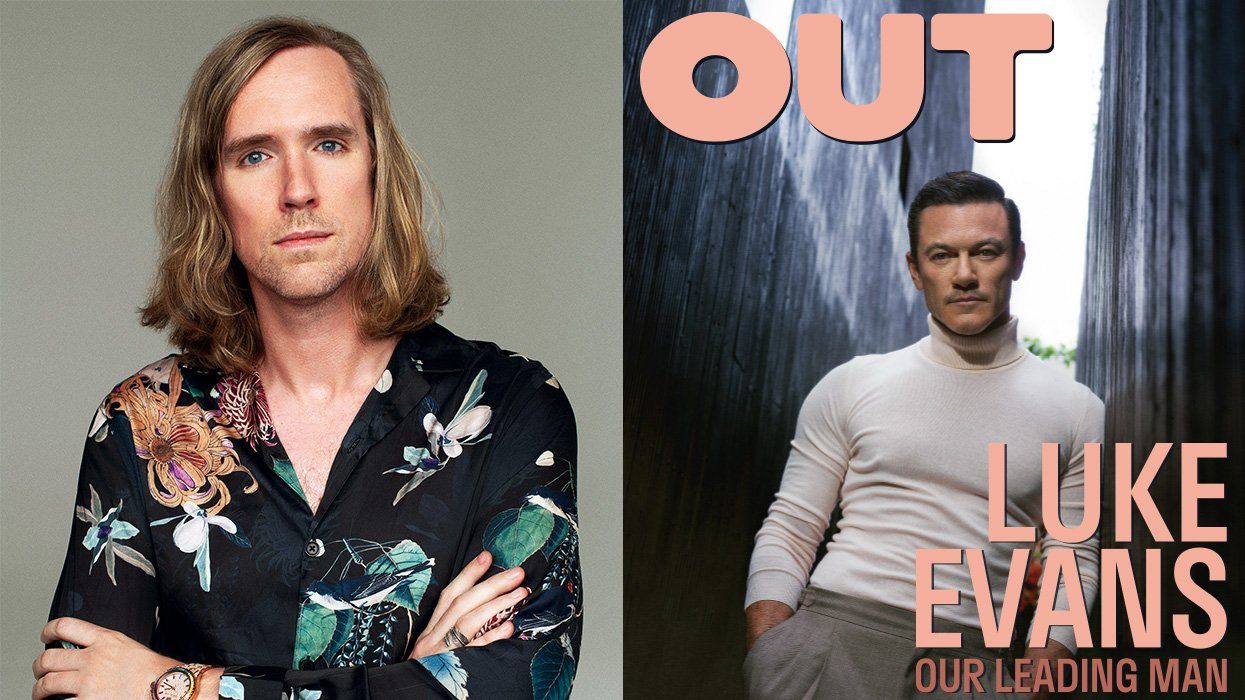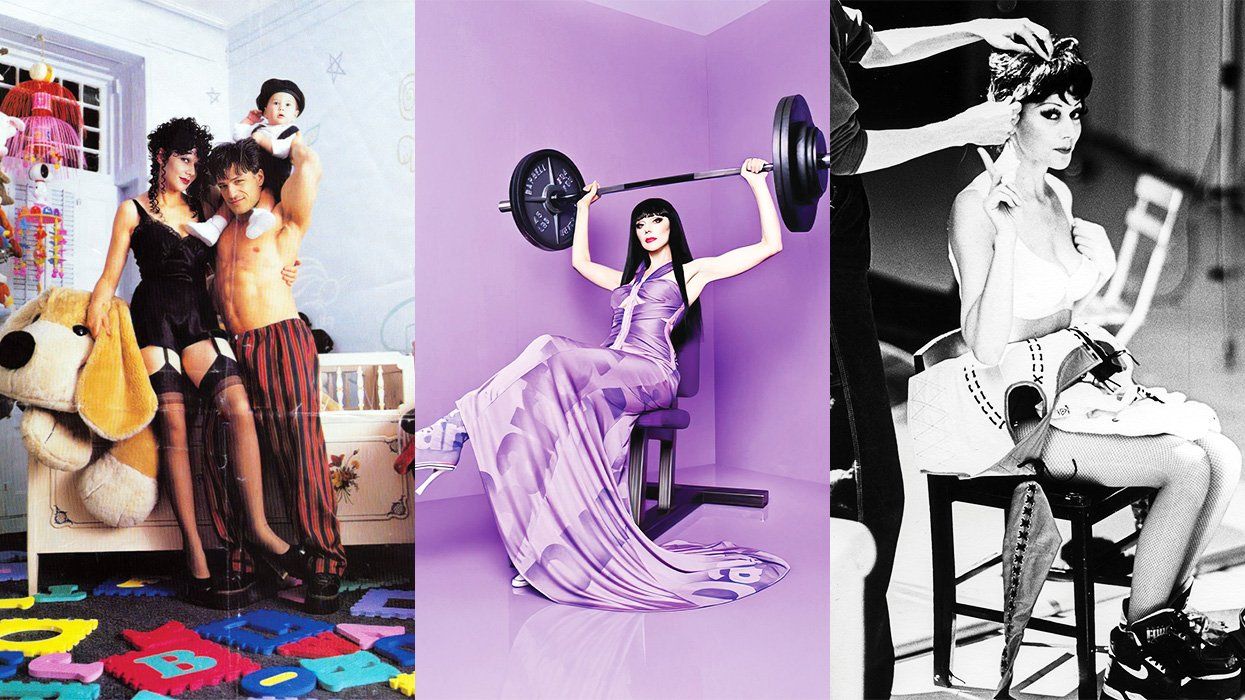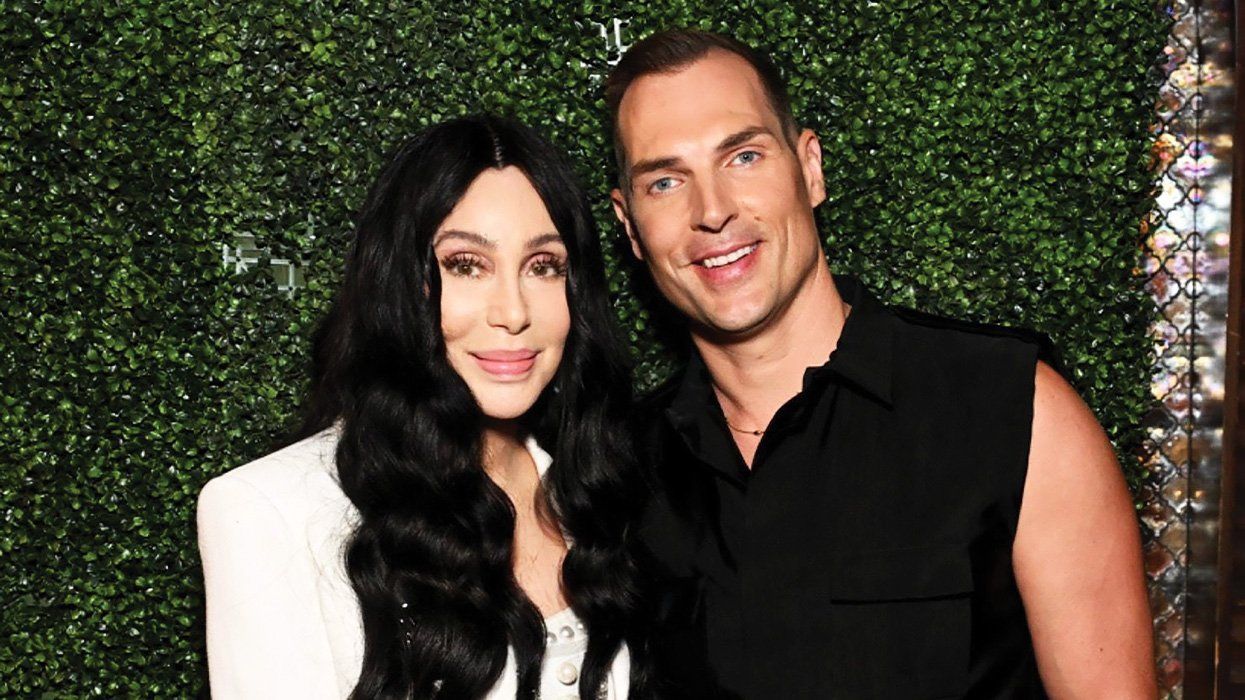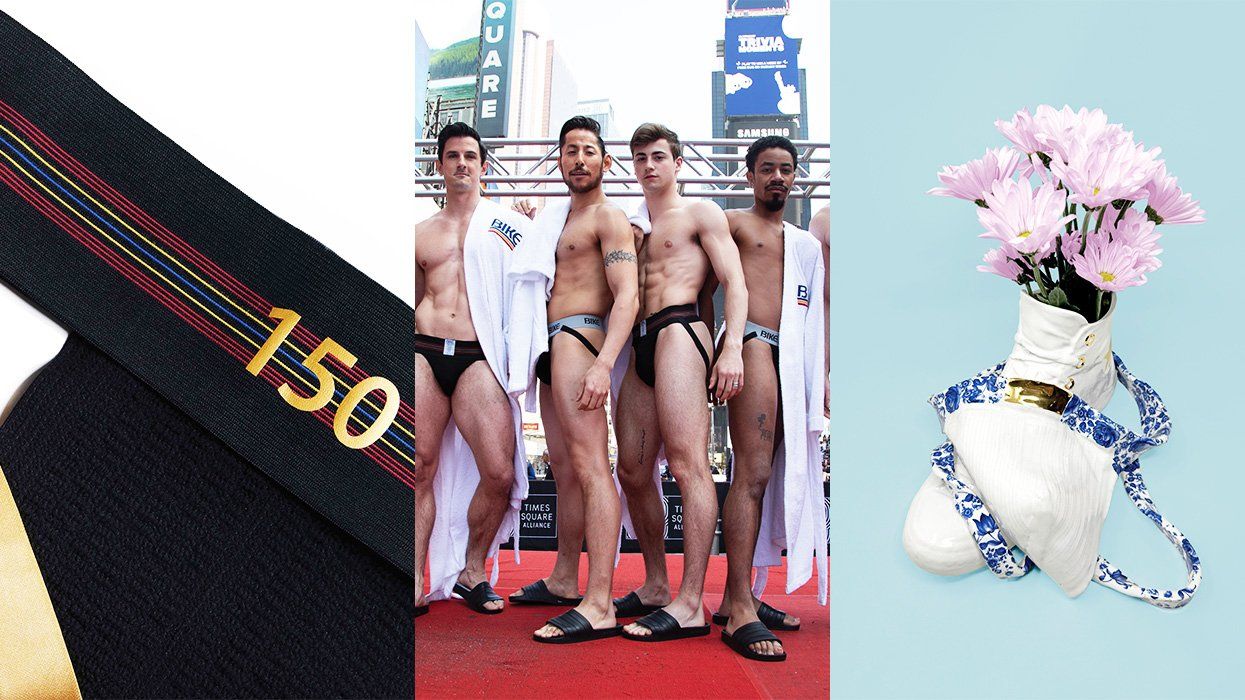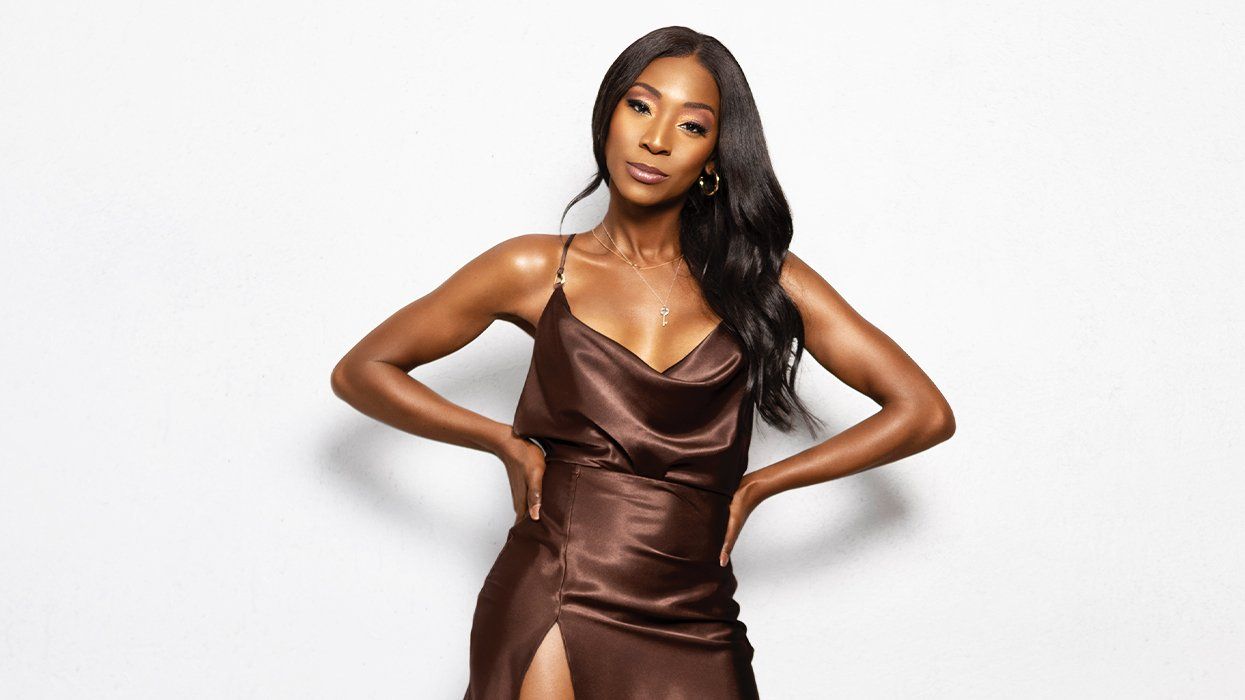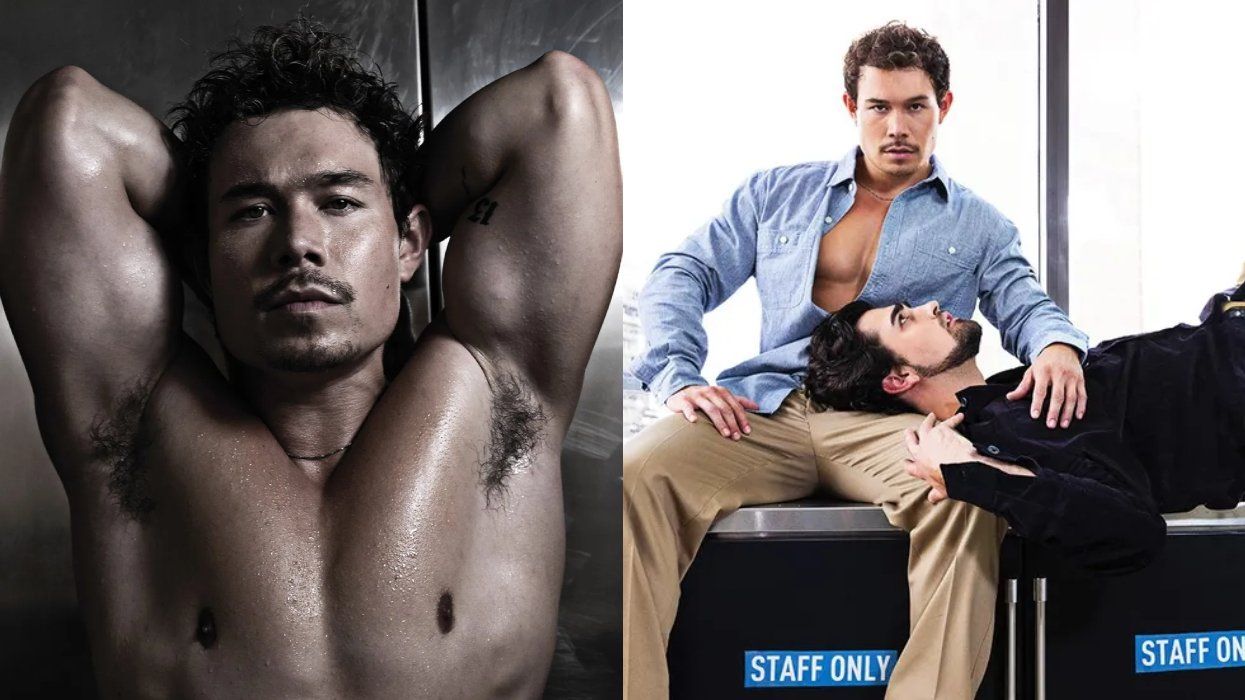The films that rocked America when I was growing up -- Brokeback Mountain and Milk, to name a couple -- were touchstones for queer cinema. I rented the DVDs (back when DVD rental stores existed) and watched them in my bedroom while my parents were away. These movies were historic, and were preceded by decades of change in TV and film that saw increasing realism in depictions of queer life. But as I got older, the depictions never evolved to look like my queer life. And I want that to change.
In academia, "queer theory" emerged around the time that queer representation on-screen began to shift. The first major film to focus on gay characters was The Boys in the Band in 1970, which was recently adapted by Ryan Murphy for Netflix. The privatization of the U.S. media industry in the 1980s created a focus on minority marketing, which by the 1990s saw the release of Paris Is Burning (1990) and Philadelphia (1993). The next decade would be defined by queer landmarks like Ellen DeGeneres coming out on national television and Will & Grace (1998-2006). But throughout this evolution, sex -- particularly sex between men -- has largely been considered too obscene for viewers (there were, of course, notable exceptions like Rainer Werner Fassbinder's 1982 indie Querelle, and the 1980 German film Taxi zum Klo).
In 1977, Billy Crystal's character, Jodie, on ABC's Soap became the first clearly gay recurring character on American broadcast television. But the role was effectively sexless, except with women (despite being gay, the character has relationships with various women in the show, suggesting that his homosexuality really was "just a phase.") Then in 1989, ABC's Thirtysomething featured two men in bed together, and although they did not touch, the episode caused a scandal and was pulled from reruns.
The '80s and '90s were filled with episodes featuring gay characters and storylines (most of them tragic) but American TV would not see two men kissing until 2000's Dawsons's Creek. The first major show to depict queer sex unflinchingly was Queer as Folk (2000-2005). But this censoring was not applied as heavily to all queer characters -- Roseanne Barr kissed a queer woman on her sitcom in 1994, the same year the camera pulled away before a gay kiss on Fox's Melrose Place, slightly depriving us of the satisfaction.
In recent years, TV and film have taken daring leaps. In 2019, season 2 of FX's Pose showed what may be television's first love scene between two men living with HIV -- Pray Tell (Billy Porter) and Ricky (Dyllon Burnside) -- and Ryan O'Connell's semiautobiographical series Special, about the intersection of queerness and disability (O'Connell has cerebral palsy), featured a realistic, awkward, tender sex scene between O'Connell and a male sex worker. Thankfully, streaming services like Netflix and Hulu have resulted in the unprecedented ability to push boundaries by virtue of being subscriptions. Their content is created to please paid audiences, which are naturally diverse and demand honesty, whereas network channels are typically at the mercy of ratings and paid advertisers.
Queer sex on TV and film will continue to push barriers in the years ahead, so what is left to see, and what is the benefit of seeing it? As for me, I want to see healthy kink, nontraditional relationship structures (polyamory, nonmonogamy, relationship anarchy), and real bodies (not just traditionally fit ones) on-screen -- things that make queer sex lives thrilling and dynamic.
When Ennis Del Mar raw dogs Jack Twist in Brokeback Mountain, the violent sex interrupts the pastoral film and shocks the viewer. While it was a turning point, it has been debated (at times comically) by queer viewers over its plausibility and its cleanness -- how did he get fucked with an ass full of beans? It's easy to laugh, but the vast majority of queer sex scenes are unrealistic at best and punishing at worst. We should expect more.
Moving into 2021, I personally want nothing off-limits. People who work in erotic media have known for a long time that the line between porn, which is generally considered lowbrow smut, and cinematic art is arbitrary. I say it's time to dissolve it.
I want the messy sex, the failures, the douching -- the desperate sex at 3 a.m., the frightening hookups, and the bacchanal groups that compose my best nights -- splashed on mainstream TV. When my father told me as a teenager that the world would try to inaccurately teach me that being gay is OK, he was right about one thing: The world indoctrinates us with standards of acceptability through media. Because of this, given the woefully lacking sex education in this country, many queer people feel at odds with -- even punished by -- the clean, easy sex meant to represent us on screens.
Porn is fantasy. It's not meant to be truth. But filmmakers and TV directors do often aim for truth, and these are regularly the vehicles by which truth is exposed. People with desires like mine, people who want to engage in kinky sex or sex for money, would benefit from a measure of realism. It might not always be sexy to watch, but that's the thing: A lot of sex isn't sexy, and that's OK. When it's good, it's good for you, and queer people everywhere need to see that.
Alexander Cheves is a writer and sex expert whose book debut is expected in late 2021 from Unbound Edition Press.
Illustration by Ego Rodriguez.
A version of this story first appeared in Out's 2021 Hollywood Issue. Jake Borelli is featured on the cover alongside Ryan O'Connell and Alexandra Grey. It is the first print issue under the editorial direction of editor-in-chief David Artavia. The issue is out on newsstands on March 3, 2021. To get your own copy directly, support queer media and subscribe -- or download yours for Amazon, Kindle, Nook, or Apple News +.


